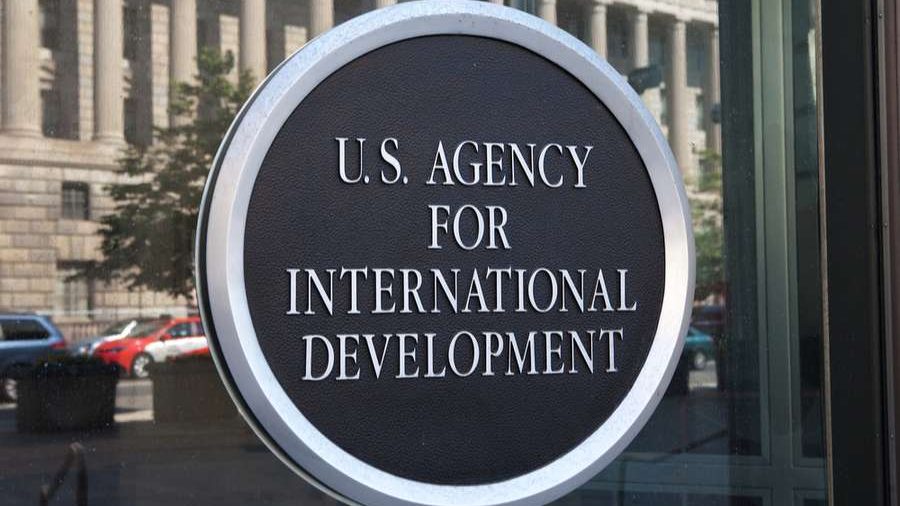The Supreme Court is deciding major life and religious freedom cases this term, but one less-recognized ruling could impact billions of dollars in U.S. foreign aid.
In USAID v. Alliance for Open Society International, the court ruled on Monday in a 5-3 decision that foreign entities of international humanitarian organizations do not have free speech rights.
As a result, U.S. foreign aid to these groups can be conditioned on them taking certain stances, including anti-prostitution and anti-trafficking positions. Other requirements -- such as that foreign non-governmental organizations (NGO) not promote abortion -- can also be levied, the court found.
The case of Open Society focused on an anti-prostitution and anti-sex trafficking pledge required by U.S. law for all groups participating in PEPFAR, the massive President’s Emergency Plan for AIDS Relief program, begun in 2003, and largely administered by the U.S. Agency for International Development.
Rep. Chris Smith (R-N.J.) inserted an amendment to the law that created PEPFAR. As a condition for receiving U.S. assistance to fight AIDS and other diseases, organizations would have to take anti-human trafficking and anti-prostitution pledges.
Smith, in his floor remarks around the time of the bill’s passage, explained why: Many AIDS victims are also trafficking victims, he said.
“The issue that is before us today is whether or not we will provide money to organizations that seek the legalization of prostitution and also enable the traffickers, and stand side by side with the traffickers and, regrettably, enable them to enslave these women, whether or not we will provide the money to them,” he said.
In 2013, the Supreme Court ruled that the anti-prostitution requirement was an unconstitutional violation of free speech when applied to domestic organizations. However, on Monday, the issue before the Court was whether those same protections extended to foreign affiliates of domestic organizations, with potential knock-on effects for life issues.
Many non-governmental organizations such as March for Life U.S., March for Life Canada, and March for Life Ireland, might share similar branding but are separate organizations with separate funding streams.
Pro-life groups were concerned that had the court ruled the other way, finding that foriegn NGOs had free speech protections, it would affect other government requirements, such as the Mexico City Policy, which mandates that foreign NGOs receiving U.S. funding do not promote or perform abortions.
Justice Brett Kavanaugh—who acknowledged in oral arguments the possibility that the impending decision could be applied to the Mexico City Policy—wrote the opinion of the court in Monday’s decision.
“In sum, plaintiffs’ foreign affiliates are foreign organizations, and foreign organizations operating abroad possess no rights under the U. S. Constitution,” he said.
The Leadership Act which created PEPFAR, he said, has helped save 17 million lives and “is widely viewed as the most successful American foreign aid program since the Marshall Plan.”
Smith called the decision “a major victory in the struggle against HIV, for human rights and the fight against sex trafficking.”
“Who we fund—not just what—matters a great deal,” he said.

